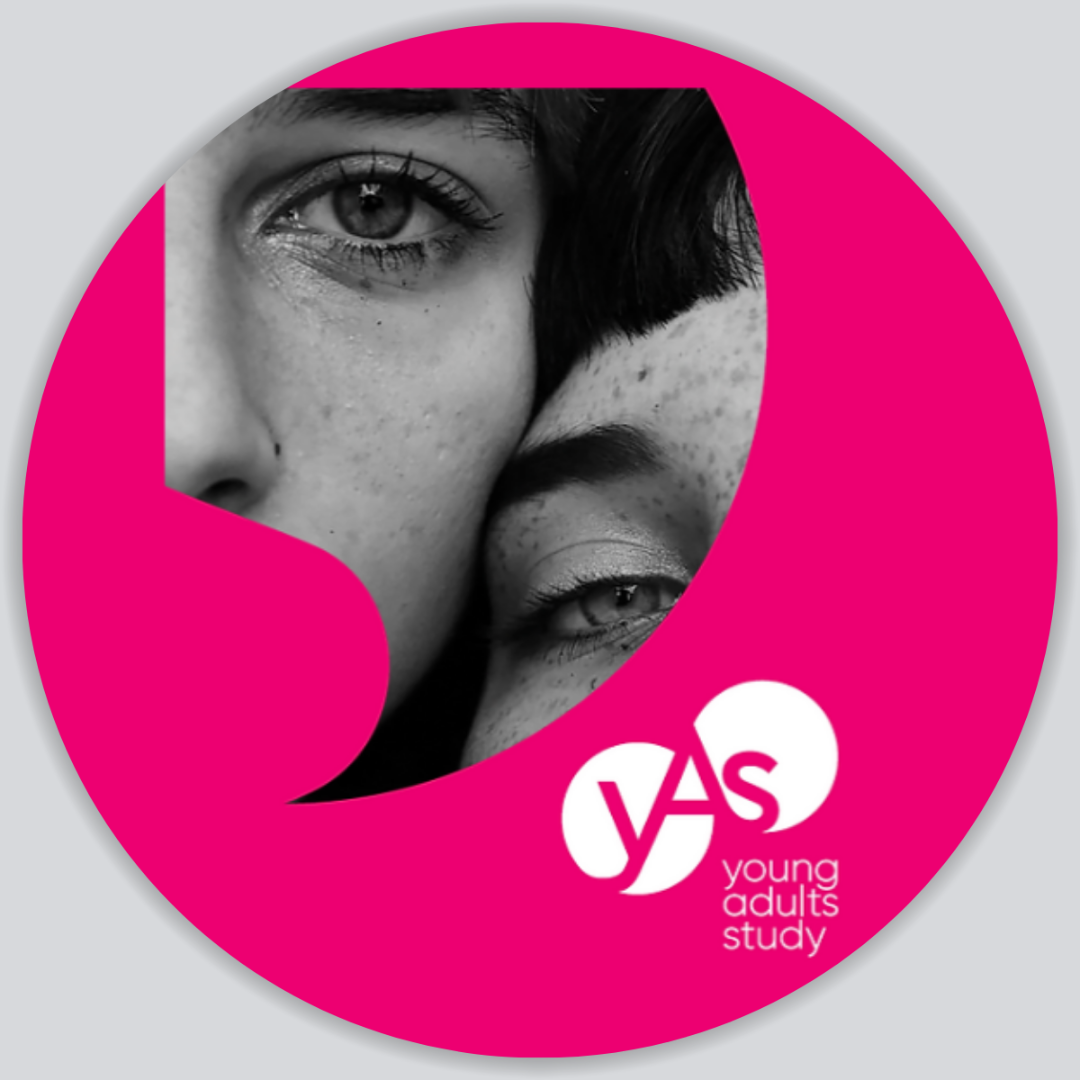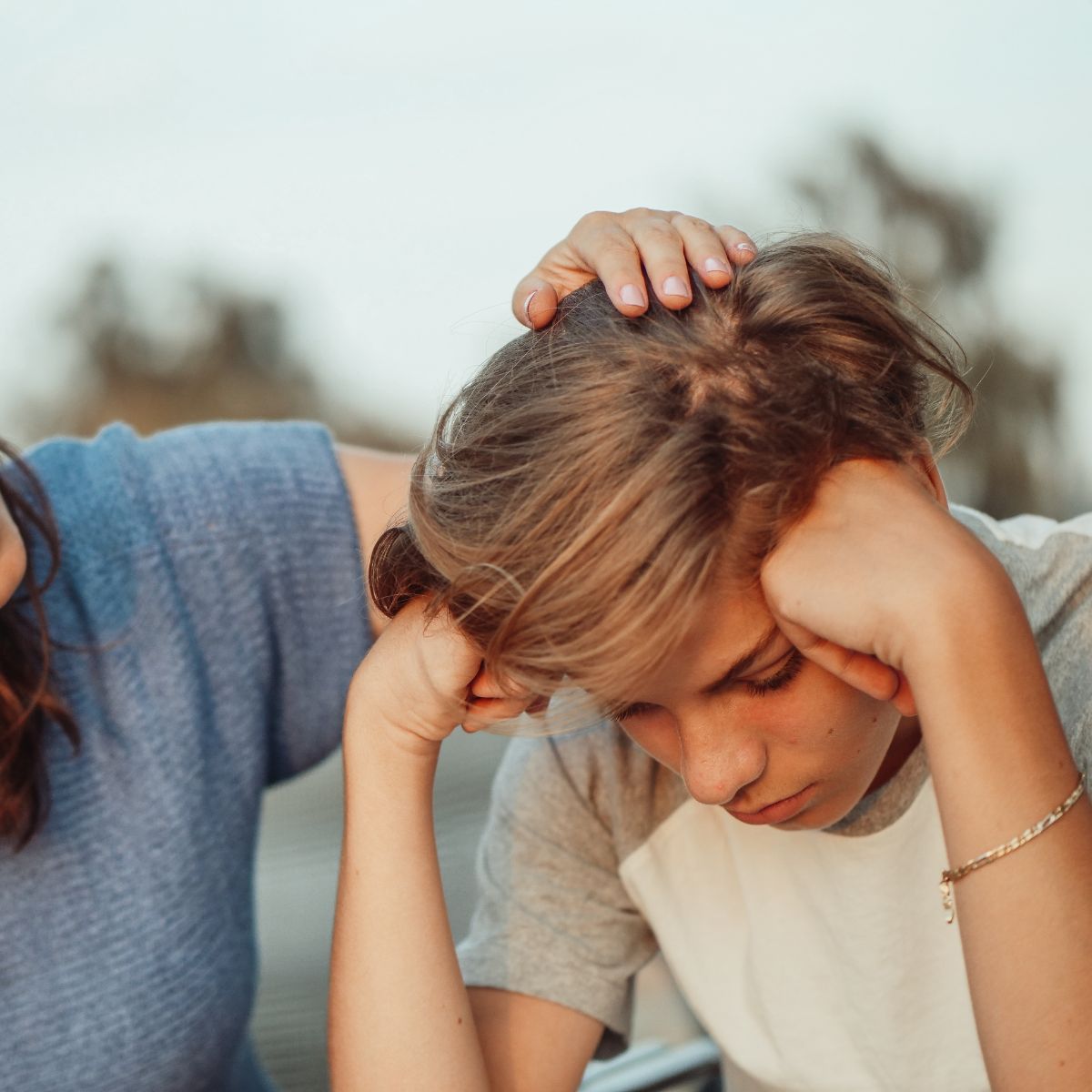People are always interested in what the children have to say about their experiences. ‘How are donor conceived people doing?’ is a question we’re regularly asked and although it’s a hard question to answer (they’re all different, of course) we have lots of anecdotal evidence to give a broad response of ‘generally, fine’. But that doesn’t give much granularity or nuance to the answer.
We’ve been including DC adults and children in our conferences and events for over 15 years and we try to include their voices and keep them foremost in our minds with the work we do with parents. Over the years, we’ve also encouraged other organisations to make sure they represent donor conceived people and don’t just represent the views of clinicians, counsellors, parents or donors. Having said that, we recognize that DC people are individuals with a range of views and experiences which makes it hard for them to act as representatives of the whole group.
This is where research can help and so we were excited when Dr Sophie Zadeh approached us to consult on her project, the Young Adults Study, exploring the experiences of donor conceived young adults. Conversations about the project started several years ago, but it formally began in 2020 and is now coming to completion. I was delighted to be invited to be part of a panel at an event on 3 September 2024 to share and discuss the findings.
Sophie had approached us in part because she wanted to find older donor conceived people. Because we’ve been around for so long, many of our families have adult children and we hoped some of them would agree to get involved. Separately, we have around 150 donor conceived people on our mailing list many of whom have only connected with us as adults and are in a wide range of circumstances. We were also able to use our social media and networking connections to circulate her recruitment campaign widely and encourage a wider diversity of participants.
She was curious to see whether the support parents got through communities like DCN and the resources we provide would make a different to how DC children feel as adults. She recruited people with a mix of situations including those who’d known about their origins from when they were young, some late-told and some who’d discovered through home DNA tests. They were from a range of family situations (solo mums as well as two-mum and heterosexual couple families).
The study included fascinating in-depth interviews which really brought to life a range of experiences and reflections. Lots of what she captured are things we’ve heard over the years and still hear when donor conceived people contact us at the office. But getting first hand testimonials on record is very powerful.
Previous studies have mainly focused on parents, families with young children, or much older donor conceived people. This age group (roughly 18-30) were mature enough to reflect on their lives and feelings and to consider how being DC fits into their sense of identity. It was interesting to hear some of them talk about how their feelings changed over time, something we definitely see in the Network.
Sophie’s research presentation touched on some really interesting areas like intergenerational secret keeping, the complexity of family relationships, disclosure and non-disclosure and questions around integrating wider donor-related family connections.
There was a surprising lack of knowledge amongst the young people about their rights and where/how to go about getting information. Some weren’t aware of the HFEA or the Donor Conceived Register and what options were available to them. It may be that parents weren’t aware either which is something that needs addressing.
When it came to rights, there was general support for the UK law change in 2005 but frustration around the lack of information for anyone conceived before 2005. The participants were all aware that their situation was different to the upcoming generation of children who have access to information once they reach 18. In light of the fact that the HFEA are proposing a law change to mean connections between donors, parents and children could happen before the age of 18, it was interesting to hear that many of those in the study felt that making connections before 18 wasn’t necessarily a good move. Although they recognized the value of the possibility of connections with the donor and/or half siblings, they also recognized the importance of being mature enough and having strong family foundations before embarking on that route. Their ambivalence was perhaps more a reflection on the fact that that route wasn’t open to them, but it’s worth exploring that further.
Some of the quotes from participants were incredibly powerful, reflecting a wide variety of feelings amongst the group. There were echoes of parents’ sadness at the loss of genetic relatedness as well as similar concerns around how to respond to questions and comments.
It was lovely to get a mention of our children’s book ‘Our Story’. The original ground-breaking first book was published over 30 years ago and remains the foundation of the model we use for talking with young children which has been ‘borrowed’ by many other authors over the years.
As part of the project Sophie has made 3 films compiled from interviews with the young adults. These are a wonderful resource and we’re hosting them on our website here. They’re well worth watching to get an insight into the longer view of family life and how children feel once they’re grown up.
This whole study has proved really valuable, offering a glimpse into some of the more complex feelings that donor conceived people can have. Our answer to the question ‘How are donor conceived people doing?’ remains ‘broadly, fine’ but we now have some research to also highlight that there can be challenges and important things to consider when choosing this route to parenthood.
Written by Nina Barnsley, 1 October 2024
Details of the Young Adult Study
https://www.youngadultsstudy.co.uk/
Recording of the keynote presentation by Dr Sophie Zadeh on 3rd September 2024
https://www.youtube.com/watch?v=bt0F0k9fShc
Young Adult Study
Films and resources



